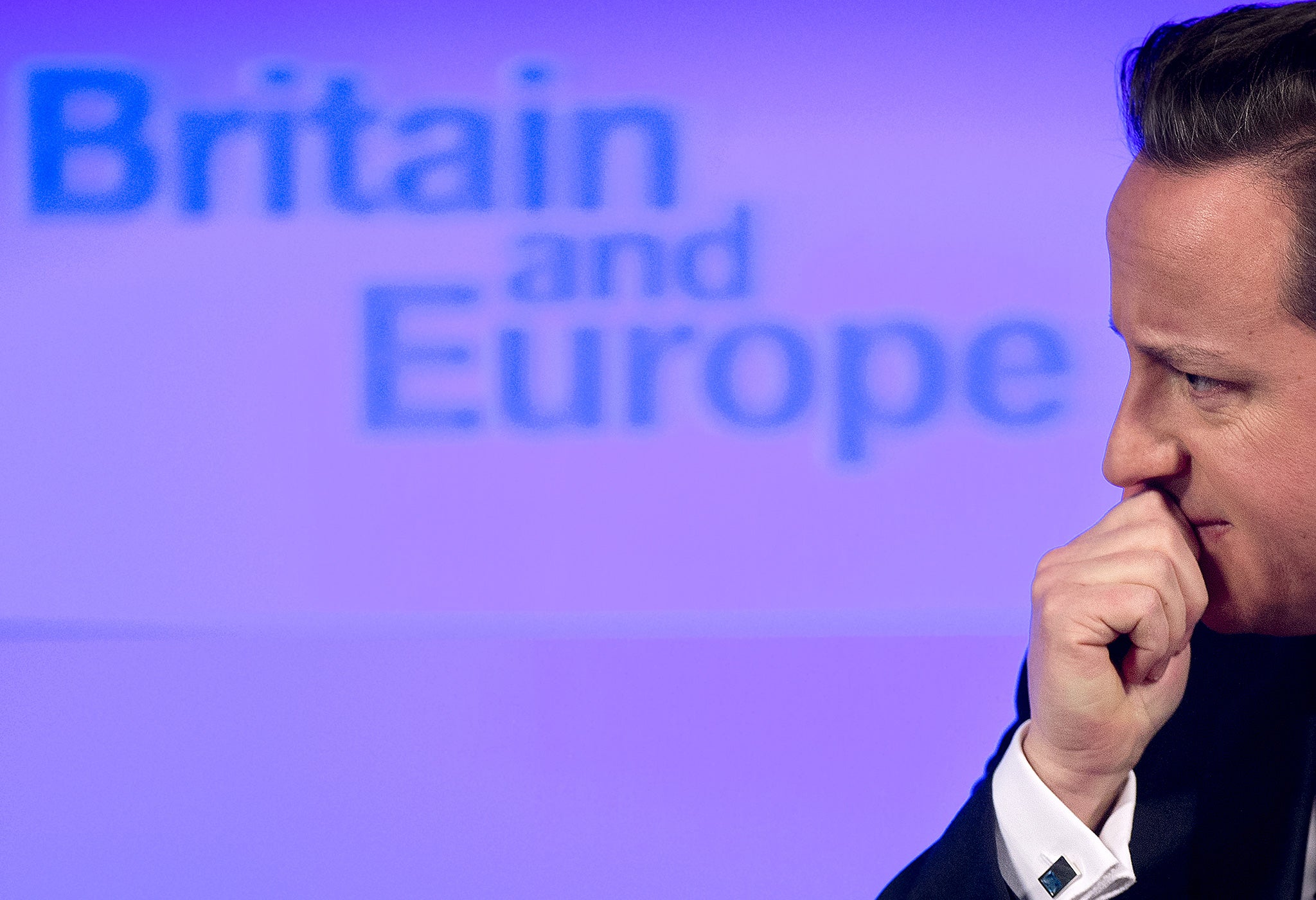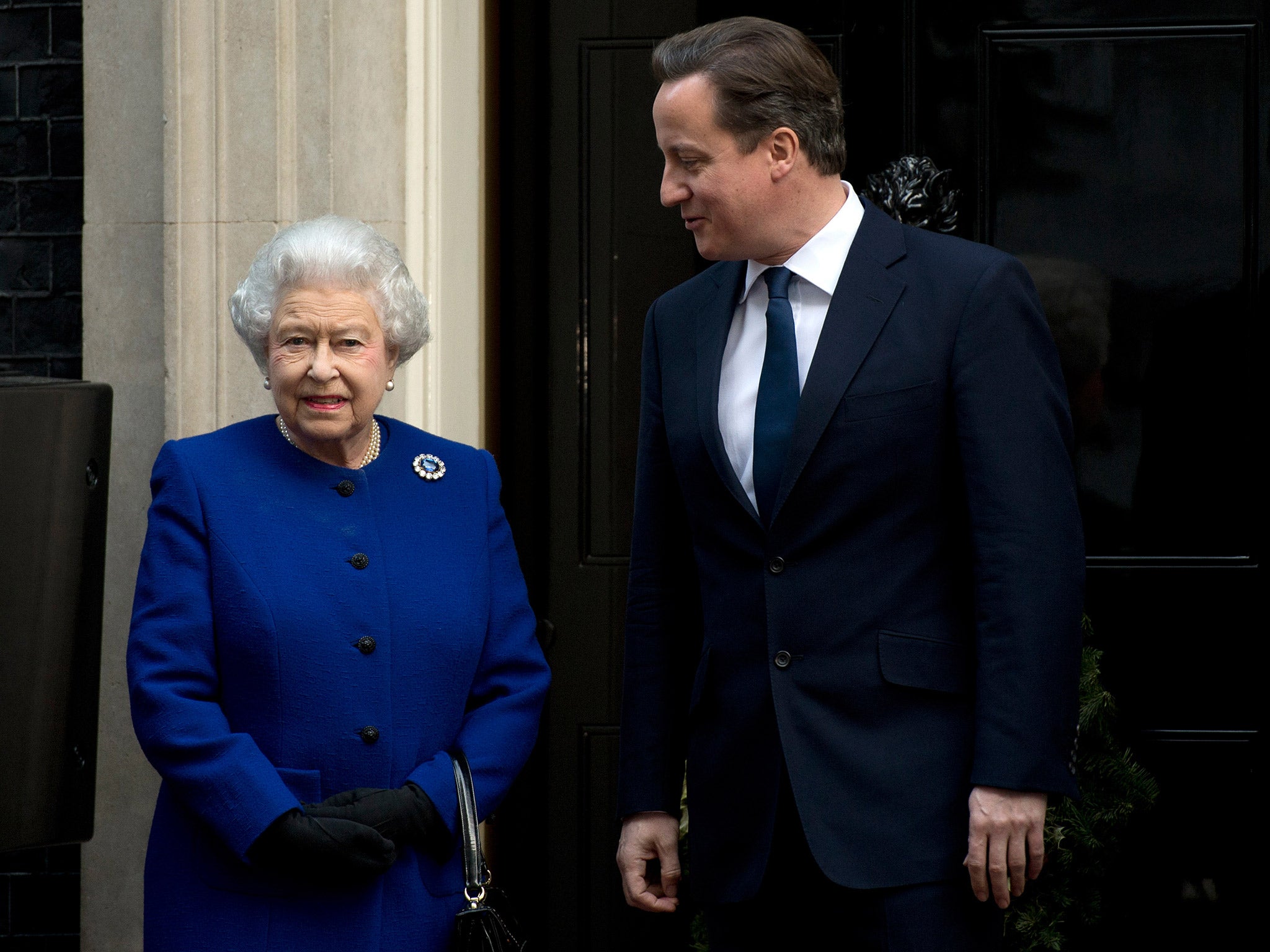So who, really, is David Cameron, our re-elected ‘one nation’ Prime Minister?
Inside Westminster


At 3am on election results night, David Cameron began scribbling the victory speech he had not expected to make. The surroundings were unlikely: a gym in a leisure centre where the votes were counted in his Witney constituency. An unpleasant aroma of smelly socks hung in the air.
Mr Cameron sat at a table under a giant TV screen, on which the results from around the country put his party heading for an overall majority. What should he say about it? “Go with what’s in your heart,” Craig Oliver, his director of communications, told him. The re-elected Prime Minister replied: “One nation. We should never have let that go.”
Reclaiming the one nation Conservatism of Disraeli has a double meaning. The stunning election success of the SNP – a party that wants to turn the UK into two nations – means that keeping the kingdom united will be one of Mr Cameron’s biggest challenges. Secondly, the one nation label allows Mr Cameron to define himself in the public’s eyes as the “modern compassionate Conservative” that he says he is when you ask him what he is about.
Of course, this was his pitch when he won the Tory leadership almost 10 years ago, but he was blown off course by the austerity measures in his first term. Compassionate Conservatism was also a casualty of sharing power with the Liberal Democrats, who were bound to portray themselves as the nice party reining in the nasty one. Now Mr Cameron feels liberated and, with Labour contemplating its own navel, has a golden opportunity to define himself on his own terms.

So the Queen’s Speech setting out the new Government’s programme next Wednesday will be trumpeted as a “one nation” one. Sometimes the theme works better than others. In a speech on the NHS this week, Mr Cameron said: “There is nothing that embodies the spirit of one nation coming together – nothing that working people depend on more – than the NHS.” Fair enough.
But ministers can overdo it. Announcing her Bill to make it easier to ban extremist organisations, Theresa May said promoting “British values” was part of a new “one nation Conservatism”, adding: “We are one nation. We will be governing for one nation and as one nation.”
Her comments reminded me of Ed Miliband’s attempt to rebrand his party as one nation Labour at its 2012 annual conference. Stealing a Tory tune was clever. But it was a back-of-an-envelope job and had not been thought through. In the months that followed, every Labour speech, statement and soundbite was peppered with references to one nation. But there was no real substance and it fizzled out when the rise of the SNP at Labour’s expense made it too embarrassing to mention.
For Mr Cameron too, one nation is good politics. It shows that he already has an eye on the 2020 election. Although he will not lead the Tories into it, he knows there are still parts of the nation where many people do not vote Tory, not least the North of England, and that many voters suspect his party looks after one group – the rich.
Promoting champions of “blue collar Conservatism” such as Robert Halfon, the Tories’ new deputy chairman, will help. So will George Osborne’s Northern Powerhouse, a belated effort to rebalance the economy in the last parliament. The Tories will not always face a weak Labour Party as they did this year, and will need to build support among young people, ethnic minorities and public-sector workers if they are to become the natural party of government. Their weaker performance in London should be a warning to them.
Some Tory modernisers are trying to rewrite history and tell us Mr Cameron won this month’s election because he is one of their own. I don’t buy it. His platform, built by his Australian strategist Lynton Crosby, was a traditional right-of-centre Tory one – tough on the economy, with a dose of Thatcherism.
Mr Cameron’s new one nation credentials are going to be tested to the limits. His current honeymoon phase will not last long. Some difficult decisions will have to be made before the Budget in July.
Although Mr Osborne could smooth the “rollercoaster” ride of deep spending cuts in the first half of this parliament, his options have been limited by spending commitments on the NHS and tax cuts during the election campaign. The Chancellor might judge it better to take a hit in the next couple of years, so that public spending could rise before the 2020 election – by when he may well have succeeded Mr Cameron. “Don’t be holding your breath for a one nation Budget,” said Gavin Kelly, chief executive of the Resolution Foundation think tank.
But sticking to his plans will mean Mr Osborne finding £12bn of welfare cuts. There are no easy options. Having rebranded themselves as “the party of working people”, the Tories may have to cut in-work benefits such as tax credits for workers on low incomes. Hardly a one nation prospectus.
And yet if the election teaches us one lesson, it is that we should not underestimate Mr Cameron. Who is the real David Cameron? Neither a Thatcherite nor a one nation Tory, but the ultimate pragmatist.
Join our commenting forum
Join thought-provoking conversations, follow other Independent readers and see their replies
0Comments